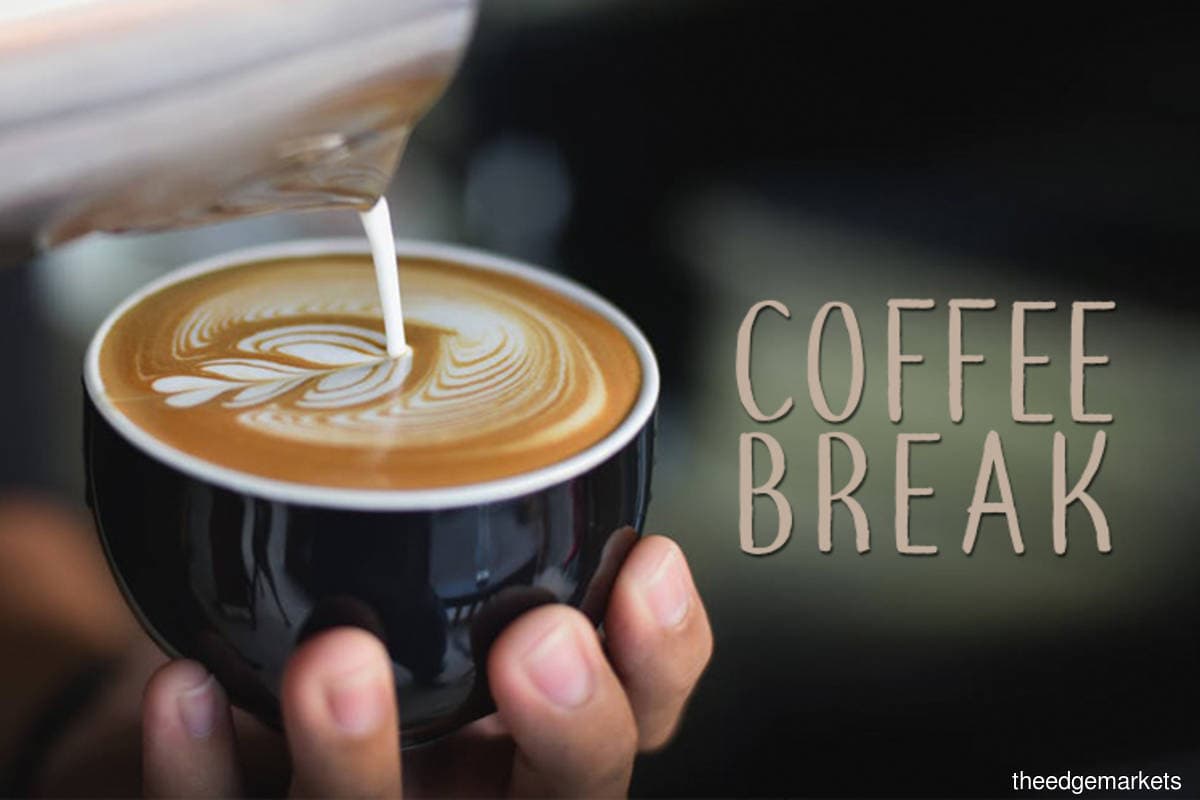
This article first appeared in Capital, The Edge Malaysia Weekly on January 9, 2023 - January 15, 2023
The year-end holiday season may be over, but with Chinese New Year just around the corner, many of us can look forward to yet another break. And if you miss that, just wait for the next break. After all, globally Malaysia is said to have the second-highest number of public holidays — and that’s not counting the “surprise holidays” we enjoy.
What’s on your itinerary? Will your vacation include such a jam-packed schedule that it will require a holiday after a holiday, or will it focus on rest and relaxation by the beach?
If you are keen on the latter, you’ll be interested to know that holidaying for rest and relaxation has reached a whole new level as sleep tourism has emerged as one of the biggest trends in 2022.
No, you’re not dreaming — apparently paying to go away and checking into a hotel to just sleep is a thing now. Holidays are being planned around getting a good night’s sleep. But you aren’t too surprised, are you? When did you last get a full eight hours sleep?
It was reported that in the US alone, 50 million to 70 million people suffer from sleep-related problems. Statistics released on Dec 15, 2022 by the National Sleep Foundation show that 35% of adults get less than seven hours sleep at night and almost half of all Americans admitted to dozing off during the day, three to seven days a week.
Hotels and resorts are now rolling out the red carpet and fluffing up the duvets for this group of sleep tourists. If selecting your preferred pillow for the night at your holiday accommodation never did the trick, worry not. Some resorts now conduct pillow quizzes prior to the guest’s arrival and organise programmes to retrain the body to improve the quality of sleep.
The Park Hyatt in New York has introduced restorative sleep suites, in which mattresses are powered by artificial intelligence capable of reading one’s biometrics and adjusting climate zones to ensure that the body undergoes all the proper sleep stages so the guest wakes up well rested and rejuvenated.
And just in case the guest continues to toss and turn, it also uses multisensory technology to lull the person to sleep and a pressure release system to ensure the bed stays contoured to the body throughout the night. Now, doesn’t that sound like a dream holiday?
If you think money should be better spent on other things than on snoozing, trip stacking and workcations — also new tourism trends last year — may be just the thing.
Trip stacking is booking multiple trips that offer free refunds or flexible booking on the same date. This way, if one trip doesn’t materialise because of travel restrictions, you can always fall back on another.
Workcation, as one website describes it, is “the art of taking your laptop to a dreamy destination and earning while you are away”. Instead of being limited by your approved time off from work, workcation allows you to earn and have fun. In fact, a survey by vacationrenter.com revealed that two in three workcationers feel an increase in productivity when they mix business with leisure.
Yet another solemn (some might say macabre) holiday trend that is gaining popularity is dark tourism. Also referred to as black or grief tourism, dark tourism involves travelling to places of death and tragedy. While it has been around since 1996, it only started to pick up in recent years, reportedly associated with the increase in the number of disasters.
Even so, the three most popular places for “Thanatourism” (as it is known in academia) — Pearl Harbor National Memorial, New York’s Ground Zero and the Catacombs of Paris — are not new.
With China reopening its borders, one wonders if the next new dark tourism destination will be tours to the Wuhan market, the epicentre of the Covid-19 pandemic origin, according to some reports.
A recent Booking.com travel poll covering 32 countries, on what travellers want to do in 2023, revealed that most desire something different and unusual, post-Covid-19 restrictions. Fifty-eight per cent of those polled want to “get out of their comfort zone”, with 40% saying they want to experience “complete culture shock”. Others seek nostalgic trips and era-themed accommodation, be it disco balls or retro.
But some things never change. While 57% of travellers want to go “off grid”, 54% insist that WiFi coverage is non-negotiable. Go figure!
Save by subscribing to us for your print and/or digital copy.
P/S: The Edge is also available on Apple's AppStore and Androids' Google Play.